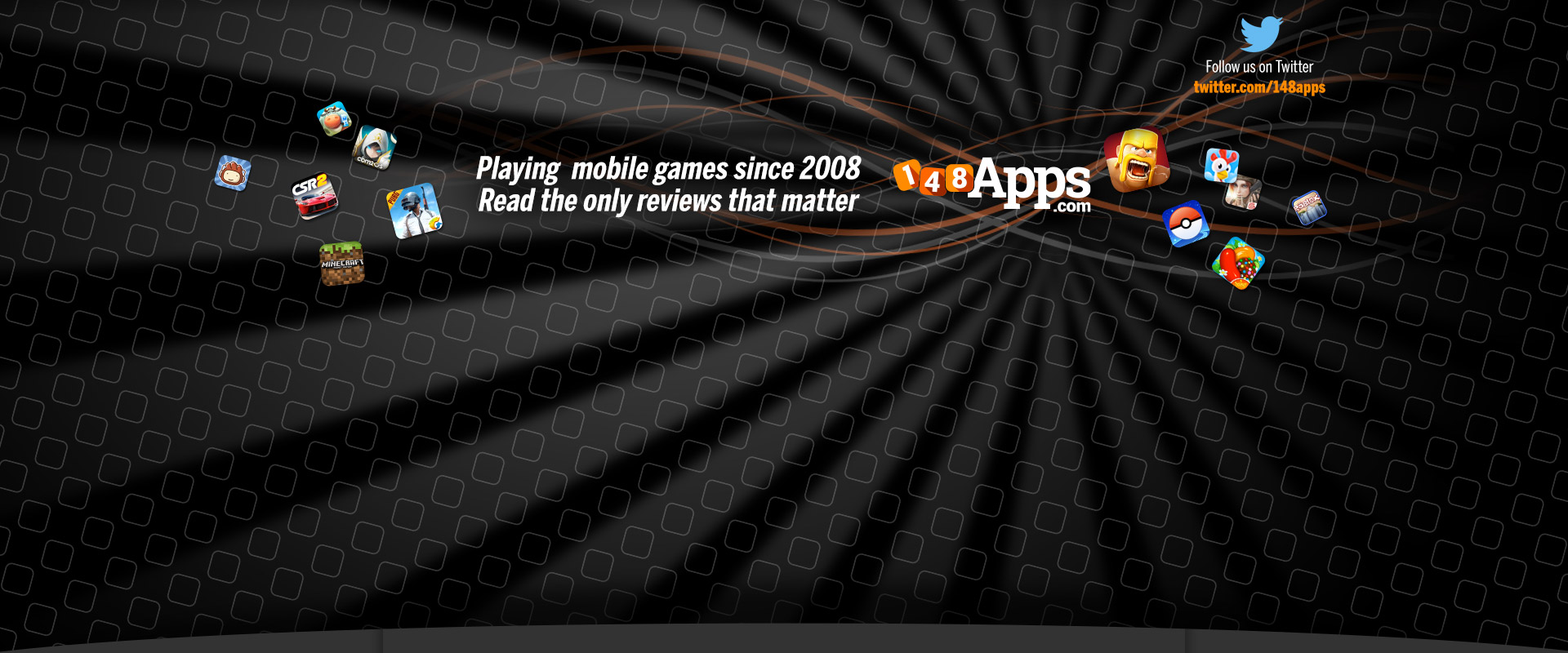App Store Insiders: Alex Adjadj of Namco Bandai Games on the Ecosystem of Apps

148Apps: How has the App Store changed the way Namco Bandai does business?
Alex Adjadj, Director of Strategic Development, Mobile Sales and Marketing at Namco Bandai Games America Inc.: The video games industry is currently going through challenges on different fronts. Hardware transition on the console side. Exponential user and device fragmentation as well as standardization of development tools and fast growing marketing costs on the mobile side. It's exciting, challenging and requires more attention to planning and execution.The App Store has accelerated and accentuated these challenges. When it comes to a major publisher with thousands of employees, it's always a bigger challenge because of the scale involved. But Namco Bandai Games knows mobile well, and has started doing mobile games with Apple back to the early days of the iPod Click Wheel (remember PAC-MAN?). It's been great to have had their support to improve the quality and market relevance of our creations along those years.
148Apps: If you have one single success within Namco you'd like to highlight from the past five years on the App Store, what would it be?
Alex Adjadj: We've had highs and lows. As I said, for a bigger publisher it's just a question of more time, more planning, more investment, more internal communication. But there's one thing that only a very few other publishers have today, it's market knowledge and capacity to increase product development and segmentation without compromising on quality. In 2008, we were all about cost-conscious developments, with most of our releases being good ports, but also not taking full advantage of the iOS platform and hardware at the time. Fast forward 2013, we've got universal games that play well on iPad and iPhone, that are visually extraordinary thanks to Retina Display, that are fun to play with friends on Game Center, and that offer great value for money for gamers willing to pay or play for free.
148Apps: In the five years since launch, the App Store has gone through considerable changes. The number of users has skyrocketed along with downloads, prices for paid apps has stabilized way lower than many expected, free to play has dominated the top grossing charts. If, knowing what you know about the App Store now, you could go back and influence the path of Namco Bandai five years ago, what would you say?
Alex Adjadj: Actually I personally did contribute back in the summer of 2009 by further evangelizing in Europe and the US teams about the benefits of bringing dedicated products rather than ports to App Store. It changed a lot of perceptions back then, especially since we were still strongly driven by our feature phone business in overseas (i.e. Non-Japan) territories.
148Apps: What have you seen on the App Store, outside of Namco Bandai, that has surprised you most?
Alex Adjadj: It's been a challenging, but a logical and relentless organic evolution. Apple has changed the world of digital content distribution and mobile gaming by annihilating barriers to entry, cutting a lot of (often, but not always, useless and costly) middle 'men.' By imposing its own standards, it has accelerated the growth of a young mobile video games industry, it has made it possible for the unveiling of incredibly successful and clever small production houses, and changed the perception of mobile gaming with the masses. My biggest surprises are the very little opposition Apple have faced from pre-existing market entrants, the incredible success it went through and the time it took for their competitors to come up with relevant hardware and retail ecosystems.
148Apps: Any predictions for what the App Store will be like five years from now?
Alex Adjadj: Personally, I can perceive further device fragmentation in the iOS hardware line - very similar to what's going on with Android right now. Device fragmentation will increase differences in usage and accordingly product & genre segmentation, a bit like what the iPad has done in terms of 'console quality gaming for mobile.' Following smartphone penetration growth in emerging markets, I also see further challenges to properly address consumers around the world, in terms of UX, billing, the relevance of content offering and the risk, already present, of content saturation and chart stagnation. I see 3 ways where this might go: first Apple might need to customize their App Store UI a bit differently per region, so that non-local publishers still get a chance to, at least, show their best content in new markets, without occurring prohibitive production costs. The second route must be to introduce more flexible billing routes so that all users can pay for content the way it fits their spending culture. The third, though unlikely given Apple's necessary but very tight control on its ecosystem, would be to allow the 'best' publishers to get more control of how their content offering is tailored to end users.
Alex Adjadj wishes to add the following disclaimer: Mr. Adjadj speaks of his personal experience and opinions, and while being a full time employee of Namco Bandai Games America Inc., Namco Networks America Inc. and Namco Bandai Networks Europe since 2006, this article isn't meant to be read as general consensus across other divisions of Bandai Namco Holdings. Alex is currently Director of Strategic Development, Mobile Sales and Marketing at Namco Bandai Games America Inc., San Jose, California.
Thanks to Alex Adjadj for his time.


